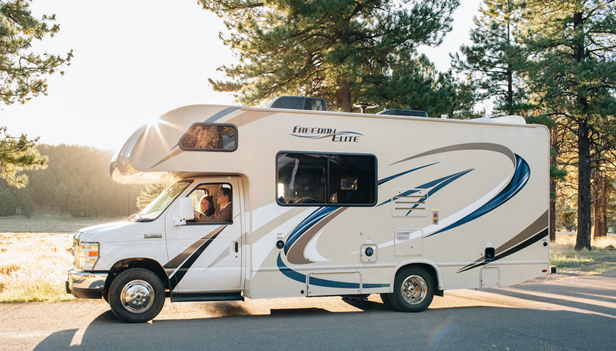Best Tips and Advice For RV Beginners
1. Decide Whether to Buy or Rent
RVing has become an increasingly popular form of outdoor adventure and meeting new people, but jumping straight into RV ownership may not be ideal for first-timer. Here's some helpful advice from RV experts for first-timers considering buying their first RV:
As soon as you purchase an RV, there will be many upfront expenses such as storage fees and the purchase price to consider. There will also be ongoing expenses such as insurance premiums, maintenance and repair bills and fuel. Renting an RV will allow you to experience this lifestyle for yourself and learn more about all its different varieties and camping styles, such as rustic boondocking or luxurious glamping.
2. Get to Know Your RV
RV beginners should take their time and get acquainted with all aspects of their rig, from setting up and connecting utilities (water, electric and sewer hookups) to knowing the safety and maintenance procedures involved. At first, you should familiarize yourself with all components of the rig, such as its fresh and grey water tanks and leveling jacks. That way, when repairs or maintenance is required, you will be prepared.
Finally, it is crucial that you have an understanding of the minimum insurance coverage required for your rig. YouTuber Long Long Honeymoon provides an excellent video on the fundamentals of RV insurance; then get out there and enjoy living the good RV life!
3. Take a Practice Drive
Driving an RV may seem intimidating at first, but with practice and careful preparation you'll soon feel more at ease behind the wheel. Keep in mind that due to being much larger than traditional cars, stopping and turning may take more time. Be wary of low-hanging branches that might block your path! Before heading out on your RV adventures, take some time to practice in a parking lot. Doing this in a safe environment will enable you to learn how to manage it without feeling overwhelmed or risking damage.
4. Bring Tools and Spare Parts
Dependent upon your RV model, specific tools might be necessary for maintenance and repairs. A multi-tip screwdriver set should always come in handy, while pliers may help tighten things up or make minor adjustments as necessary.
Keep a hand saw handy, just in case an unexpected tree branch lands low or you encounter another situation where a sharp tool could help. Have a tire pressure gauge and spare tire on hand can also prove helpful, or purchase an RV tire kit complete with everything needed to keep your RV in great shape on the road.
5. Don’t Wing It
Establishing a plan before embarking on your RV adventure is absolutely key for newbies. Make sure to know which RV to purchase, what camping trips to take and where your destination lies to avoid making costly mistakes that could end up costing thousands or even sabotaging your dream of living on the road! Booking reservations at popular parks early is also advised, in order to avoid being stuck in a busy campground over holidays and special events, while pull-through sites also make for easier maneuvering into tight spaces.
6. Create a Campground Setup Checklist
No matter your level of camping experience, having a checklist can save time and effort by helping prevent costly errors while making the process far less stressful. Before beginning to set up, do a thorough walk-around of your campsite and check for glass debris or low-hanging tree branches that could damage your rig. Also look for spaces to extend awnings or slide-outs as necessary.
Lower your jacks and connect to the campground water hookup (if applicable). Bleed air from your hot water tank before turning it on; connect a sewer hose but leave black and gray water valves closed unless your system monitors them; place out your awning and outdoor items;



